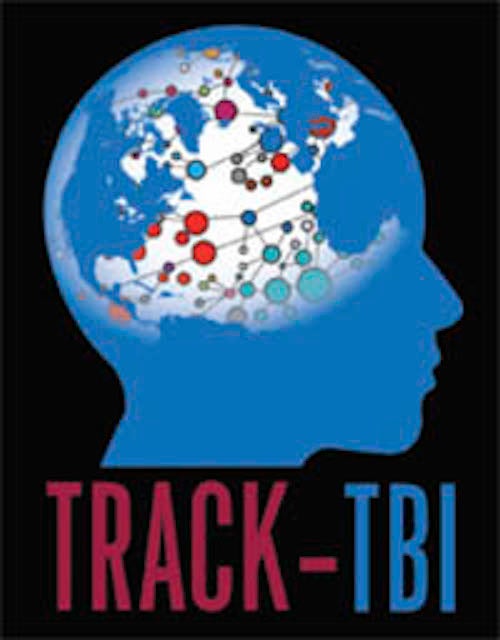
A national repository of biological samples from patients who have sustained traumatic brain injuries (TBIs) has been established in the Department of Neurological Surgery at the University of Pittsburgh. This biorepository supports the Transforming Research and Clinical Knowledge in Traumatic Brain Injury (TRACK-TBI) study, a multi-center initiative funded by the National Institutes of Health (NIH) that has been revolutionizing clinical care for brain-injured patients. A central goal of the TRACK-TBI biorepository is to identify blood-based biomarkers that can assist hospital-based clinicians in diagnosing TBIs and allow industry partners in the laboratory to identify new, effective treatments. Three thousand participants who have sustained a TBI have been recruited into the TRACK-TBI study, and a large, high-quality database of clinical, imaging, biomarker, and outcome data has been generated.
In collaboration with the TRACK-TBI coordinating center at the University of California San Francisco—led by Geoff Manley, MD—and 17 U.S. partner sites, David Okonkwo, MD, PhD, and Ava Puccio, RN, PhD, at the University of Pittsburgh received a large supplemental award from the U.S. Department of Defense (DoD) to establish the TRACK-TBI biorepository. Following laboratory renovations and certification in February 2016, the Department of Neurological Surgery at the University of Pittsburgh became the official new home of the TRACK-TBI biospecimens repository. Collaborative research with industry and the DoD includes an FDA-pivotal trial examining acute blood-based biomarker studies in an effort to diagnosis positive intracranial computed tomography findings.
The TRACK-TBI biorepository is the largest centralized collection of biological samples from TBI patients in the US. For a complex disorder like TBI, which has global incidence but lacks definitive clinical classification for diagnosis and therapy, multicenter collaboration is key for progress in research. Only with large numbers of patients and samples will researchers be able to address the many variations of TBIs. Similar to other disease processes, such as cardiovascular disease and cancer, diagnoses must be matched with a biomarker of injury and genetic markers for treatment directives.
Additional NIH and DoD studies have recognized the expertise of the biorepository and are utilizing the biorepository efforts for their storage needs.
